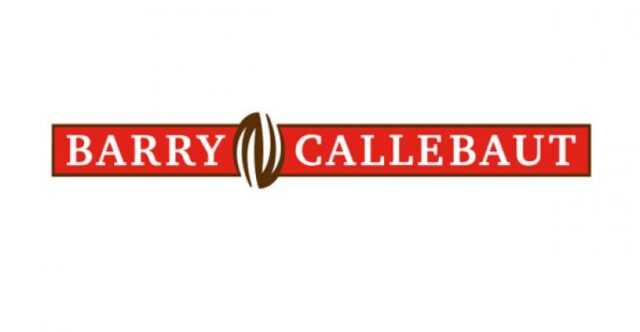ZURICH, Switzerland – On December 3, 2020, Barry Callebaut ‘s fourth Forever Chocolate Report will be published showing the progress they are making towards their 2025 targets. Innovation is at the heart of the company’s advancement, and this year, they embarked on an exciting, and industry first, project to commence the transformation of cocoa by-products into biochar, also known as ‘agriculture’s black gold’. In 2020, they ramped up the infrastructure to commence producing biochar in one of their European factories.
So what is biochar? How does biochar help reach the company’s 2025 Forever Chocolate targets?
“Biochar looks very similar to charcoal, and is produced by pyrolysis” says Geza Toth, Global Forest and Carbon Program Lead. “In simple terms, this means that biomass, such as agricultural or forest biomass waste, is heated to a very high temperature without oxygen to produce energy and biochar. What is very interesting about biochar is that it can help to mitigate climate change. It can be used to produce energy, permanently store carbon, improve soil quality and reduce waste.”
“Using our cocoa shells to produce biochar, will help us with achieving our Forever Chocolate target of becoming carbon positive by 2025. Ultimately, we want to benefit the climate by creating carbon circularity. We can use the cocoa shells to create green energy in our factories, as a fertilizer enhancer in soil, and as a carbon sink. A simple example of a carbon sink is that while trees can ‘temporarily remove’ carbon from the atmosphere, biochar applied to soil can capture carbon and store it for hundreds of years, thus creating a permanent carbon sink.”
“Using our cocoa shells to produce biochar, will help us with achieving our Forever Chocolate targets of becoming carbon positive by 2025” says Geza Toth, Global Forest and Carbon Program Lead.
“Admittedly, at the beginning, the idea of producing biochar was quite conceptual. However, one of the great benefits of Barry Callebaut is the innovative culture and encouragement to think outside-of-the-box to find creative solutions. We also partnered with Circular Carbon, who provided us with the technical expertise to translate the idea of producing biochar into practical reality.”

















 CAPS: the new proprietary system using capsules made of 85% recycled aluminium
CAPS: the new proprietary system using capsules made of 85% recycled aluminium